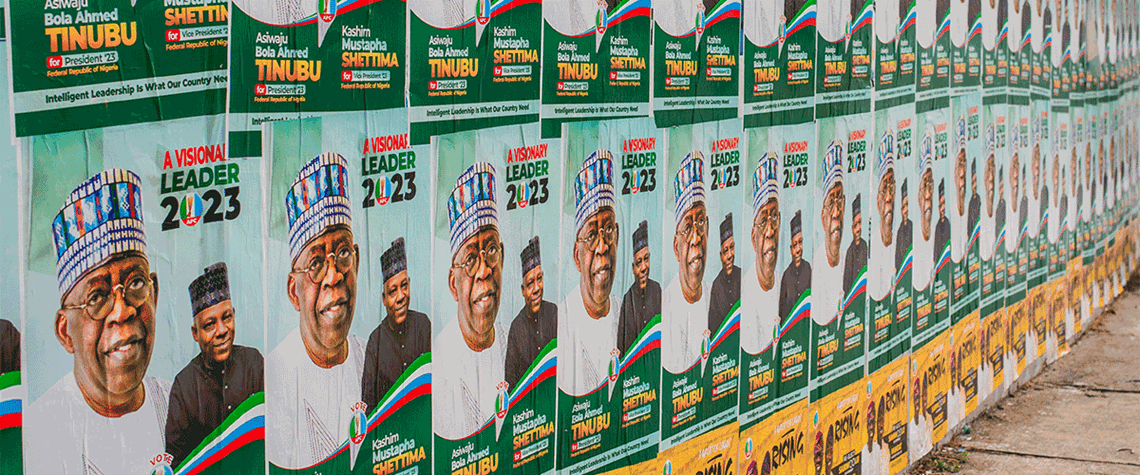Nigeria heads for crucial elections
The country’s next president faces an uphill battle to revive the struggling oil and gas sector
Recent years have not been kind to Nigeria’s oil industry. New investment has slowed to a trickle amid a seemingly never-ending struggle with pipeline vandalism and oil theft. International players have largely divested onshore assets, preferring the relative safety of offshore fields. Production fell below 1mn bl/d last August, its lowest level for over 30 years. President Muhammadu Buhari has been unable to halt the industry’s decline during his eight years in power, although he did secure the passage of major regulatory reforms in 2021. The 80-year-old Buhari is now preparing for retirement; Nigerians will go to the polls to elect his successor on 25 February. The leading candidates inclu

Also in this section
15 April 2024
Though hampered by methane concerns, US LNG has a crucial role to play for European and Asian energy security, US economic needs and the energy transition drive
12 April 2024
Iran has announced multibillion dollar spending programmes aimed at domestic companies, inspired by recent export success
12 April 2024
CEO Meg O’Neill believes operating environment in Australia has stabilised and sees a bullish outlook for LNG demand
11 April 2024
The renewables revolution is not producing a gas boom in Asia’s largest countries, as incumbent energy sources coal and hydro retain an advantage







